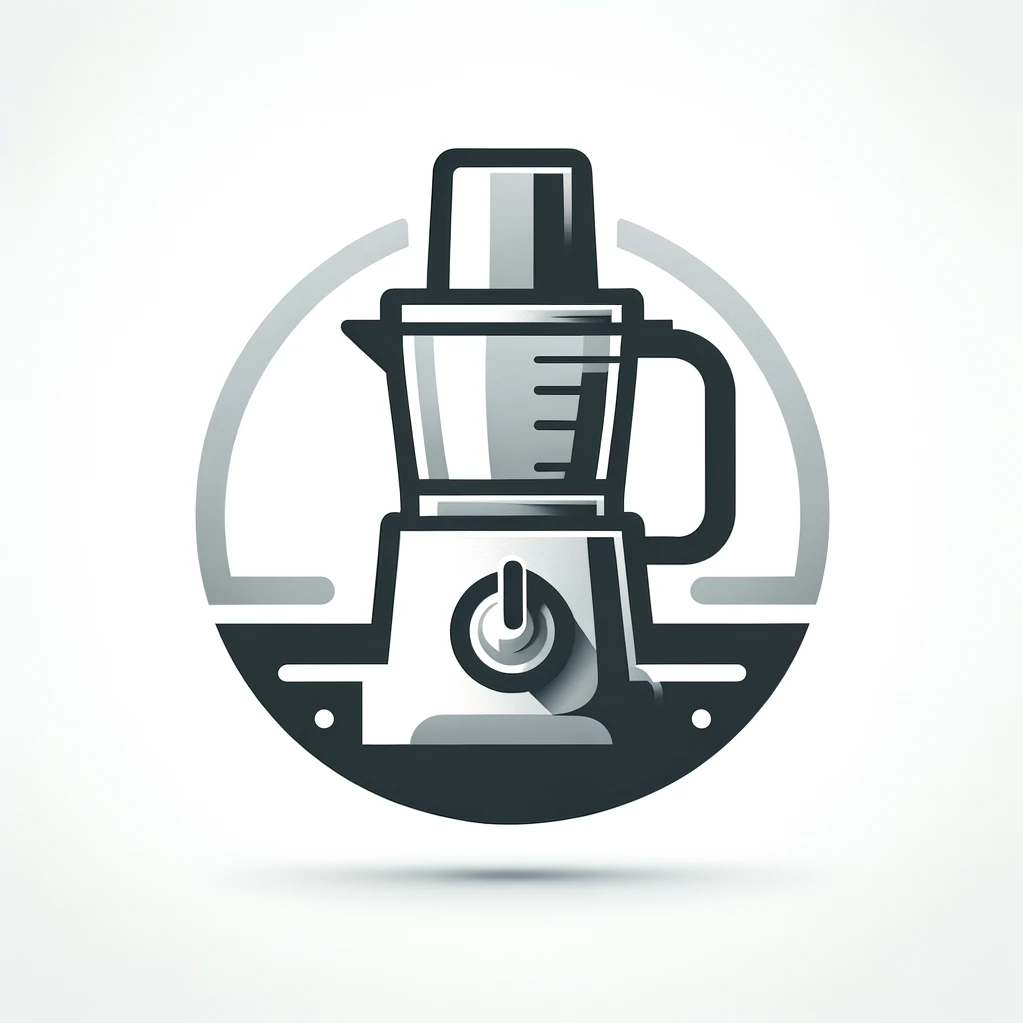In the quest for a sparkling clean and hygienic kitchen, it’s crucial to choose the right tools and products, especially when it comes to cleaning appliances like the food processor. While it may be tempting to reach for any cleaning agent within arm’s reach, there are certain things you should never use to clean this beloved kitchen gadget. Discover the surprising risks and potential damages of improper cleaning methods, and ensure that your food processor stays in top-notch condition for years to come.
What Should You Never Use To Clean The Food Processor?
CHECK OUT FOOD PROCESSORS AND VEGETABLE CHOPPERS ON AMAZON
Introduction
When it comes to keeping our kitchen appliances clean and hygienic, the food processor is no exception. Whether it’s preparing delicious meals or whipping up homemade sauces, our food processors are essential tools in our culinary adventures. However, it’s crucial to know what materials and substances should never come into contact with our food processors during the cleaning process. In this article, we will explore ten things that you should never use to clean your food processor, ensuring its longevity and your safety.
CHECK OUT FOOD PROCESSORS AND VEGETABLE CHOPPERS ON AMAZON
Abrasive Cleaners
One of the first things to avoid when cleaning your food processor is using abrasive cleaners. These cleaners typically contain rough particles or chemicals that can cause scratches on the surface of your appliance. These scratches can create a breeding ground for bacteria and other contaminants, compromising the cleanliness of your food processor. Instead, opt for gentle cleaners specifically designed for kitchen appliances.
Bleach
While bleach is often deemed a powerful disinfectant, it is not suitable for cleaning your food processor. The strong chemicals in bleach can be corrosive to the components of your food processor, leading to damage and potential malfunctions. Additionally, the residue left behind by bleach can be harmful if it comes into contact with your food. Stick to safer cleaning methods to ensure the longevity of your food processor and the safety of your meals.
Harsh Chemicals
Similarly, it’s important to steer clear of any cleaning products that contain harsh chemicals. These chemicals can potentially react with the materials used in your food processor, compromising its structural integrity. They can also leave behind chemical residues that may come into contact with your food, posing a health risk. Always opt for mild and food-safe cleaners to maintain both the cleanliness and functionality of your appliance.
Metal Scrubbers
While it may be tempting to use metal scrubbers to tackle stubborn stains or residue on your food processor, it is best to avoid doing so. Metal scrubbers can scratch the surface of your appliance, harboring bacteria and making it difficult to thoroughly clean. Instead, utilize non-abrasive sponges or brushes with soft bristles to gently clean your food processor without causing any damage.
Hot Water
Although hot water is often effective in removing grease and grime, it should not be used when cleaning your food processor. Hot water can potentially warp or distort the plastic components of your appliance, rendering it unstable or even unsafe to use. Instead, opt for warm, soapy water to clean your food processor, ensuring that the temperature is not too high to cause any damage.
Dishwasher
While many kitchen appliances are dishwasher-safe, it is crucial to verify if your food processor falls into this category. Some food processors have components that are not suitable for the high temperatures and powerful water jets of a dishwasher. These components may become warped, discolored, or damaged, affecting the overall performance of your appliance. Always check the manufacturer’s instructions before placing any parts of your food processor in the dishwasher, and when in doubt, opt for handwashing.
Soaking in Water
Although soaking dishes can be an effective way to remove stubborn stains, it should never be done with your food processor. Submerging the entire appliance, or even its removable parts, in water can damage the motor, electrical connections, and other sensitive components. Instead, disassemble your food processor and carefully handwash each part individually, following the manufacturer’s instructions.
Sharp Objects
When cleaning your food processor, it is essential to avoid using sharp objects, such as knives or forks, to scrape off food debris. Using sharp objects can accidentally cause scratches or punctures on the surface of your appliance, compromising both its cleanliness and functionality. Always use soft brushes or sponges to remove any residue, ensuring that your food processor remains in optimal condition.
Strong Fragrances
While it may be tempting to use strongly scented cleaners or cleaning products on your food processor, it is best to avoid doing so. Strong fragrances can transfer onto your food processor and may alter the taste or smell of the food you prepare in it. Additionally, these fragrances can be difficult to remove, even with thorough rinsing. Stick to mild, unscented cleaners to ensure the integrity of your food and the longevity of your appliance.
Conclusion
Keeping our food processors clean is essential for maintaining their functionality and ensuring the safety of the food we prepare. By avoiding abrasive cleaners, bleach, harsh chemicals, metal scrubbers, hot water, dishwashers, soaking in water, sharp objects, and strong fragrances, we can preserve the cleanliness and longevity of our food processors. Always consult the manufacturer’s instructions and use gentle cleaning methods to maintain the performance and efficiency of your beloved kitchen companion. Happy cooking!
